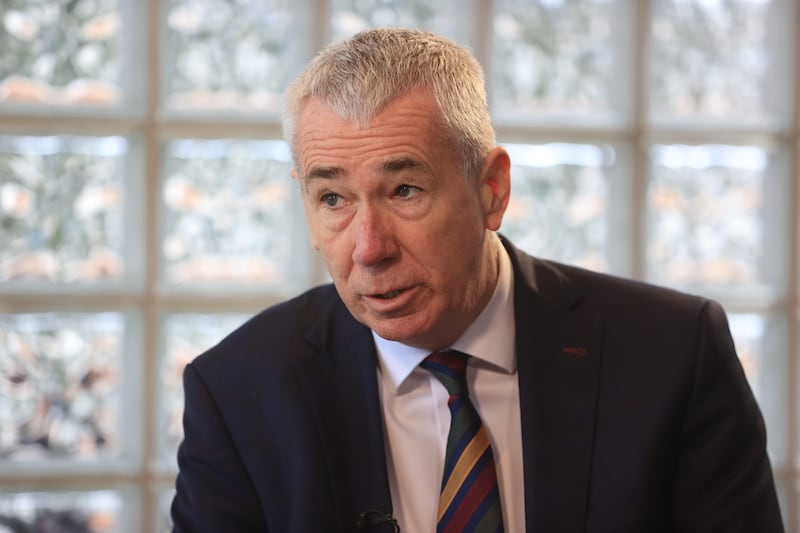The Covid pandemic has been hugely detrimental to many aspects of life, and we may never really know the full extent of its impact on individuals who have missed out so much.
For families with young children, the lockdowns and disruption to education has been especially challenging, a situation that is even more difficult for those with autism, which can cause significant social, communication and behavioural difficulties.
The number of school-age children being diagnosed with autism has soared in recent years.
A total of 2,562 children were diagnosed as autistic in Northern Ireland last year. Five years previously the figure was 1,472.
Those from socially and economically deprived backgrounds are disproportionately affected with boys three times more likely to be diagnosed than girls.
We are told that early intervention is key and the first two years the most important.
However, as yesterday's special report by Irish News health correspondent Seanín Graham showed, thousands of children with suspected autism are waiting up to two years to get a diagnosis in the Belfast trust.
This is an unacceptable delay which has left many parents feeling they have no option but to pay for private assessments which can cost up to £1,400.
All five of the north's health trusts now accept private referrals and this is leading to concerns that we are going down the road of a two-tier health system which will see children from disadvantaged backgrounds left further down the waiting list.
It is not just the use of private assessments that is fuelling alarm over health inequalities.
There is also a disparity in terms of waiting times in different trusts across the north.
Families are entitled to expect a consistency in the level of service available in Northern Ireland and should not have to wait longer because of their postcode.
Health minister Robin Swann has pointed to 'significant investment' in autism services since 2016, but it is not clear what his position is on private referrals.
There is no doubt the pandemic has affected autism services, with face-to-face clinics stood down during the first lockdown. The number of diagnoses between March and June last year has shown a sharp drop compared to the previous year.
Children with autism deserve to have timely assessments and the vital support they need at the earliest possible stage in their lives.







